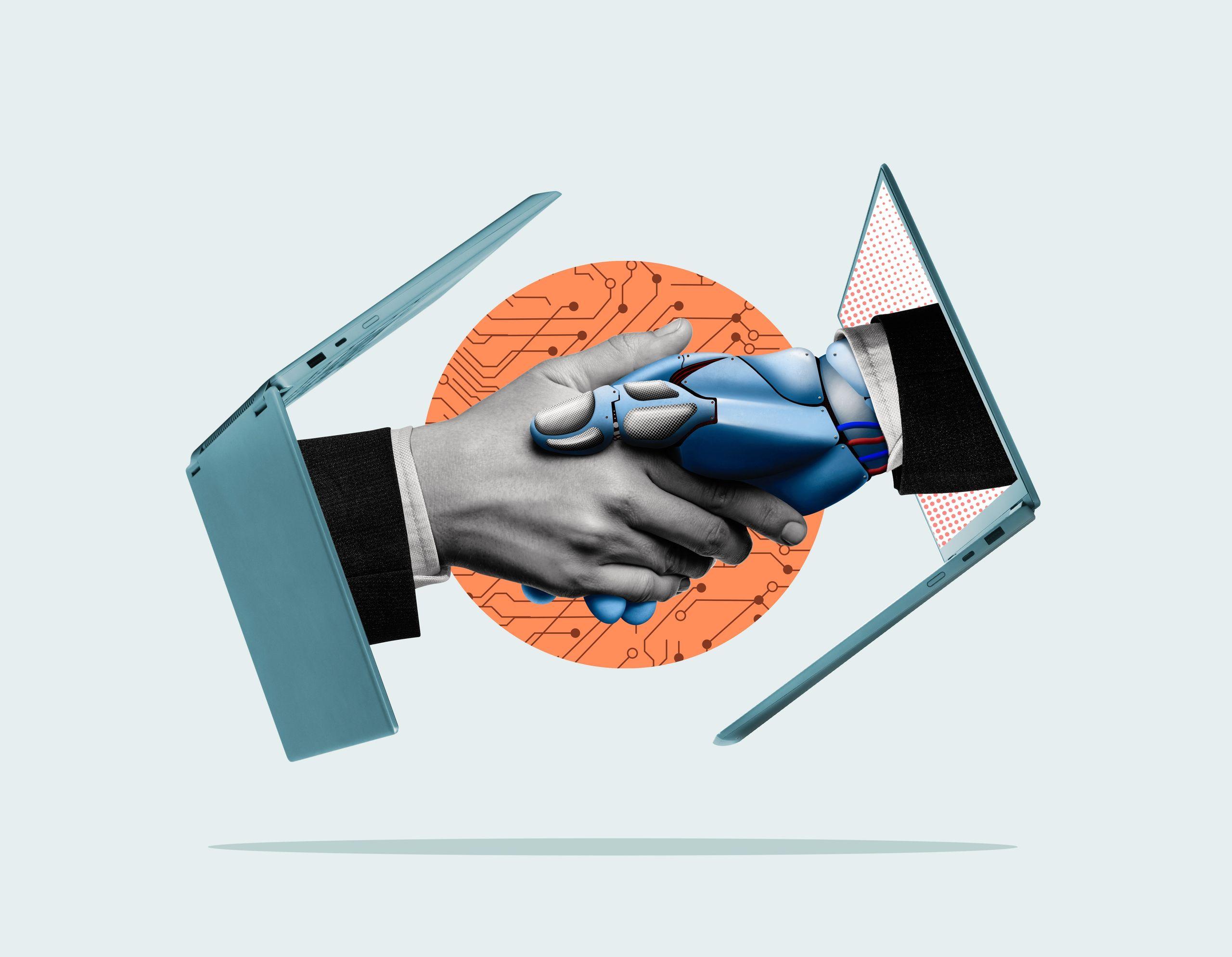- AI tools are used in workplaces without authorization
- Tools pose threats to company and customer data if not authorized
- A second wave of shadow AI is on the rise in the UK
Shadow AI tools, or AI tools that employees use without their company’s permission, present a series of security risks for organizations.
But that doesn’t stop employees from using unauthorized AI tools in an effort to meet quotas, goals, and deadlines.
New research from Microsoft has found that the UK has seen a significant increase in the use of shadow AI, with 71% of UK employees using an unauthorized AI tool at least once, and more than half (51%) continuing to do so week after week.
The next wave of shadow AI
There’s no denying that generative AI tools offer businesses significant time and productivity savings, but if businesses don’t invest in the tools and provide the environment to use them, employees often take the initiative. For example, Microsoft found that 28% of employees do not have an approved AI tool for their job.
Whether drafting emails or responding to internal communications, AI tools are excellent at transforming what could be an angry speech into a full, company-approved expression of concern. In fact, Microsoft research found that 49% of respondents use AI tools for this very purpose.
Second, AI tools are used to write reports and presentations (40%) and to facilitate finance-related tasks (22%). But many employees are unaware of the risks of using AI tools without company approval.
Only 32% of respondents said they were concerned about company and customer data being fed into AI tools and, more worryingly, only 29% were concerned about the use of shadow AI affecting IT security in their workplace.
If a customer or company’s data is entered into an AI tool without being cleaned, the prompts in which it was included could be reused to further train the AI and potentially given back to nefarious actors with cleverly designed prompts.
Trust in AI tools is increasing, however, with 57% of employees expressing positive emotions toward AI in the workplace. More and more companies are developing AI strategies, the benefits of which are felt by both companies and employees.
“British workers are embracing AI like never before, paving the way for new levels of productivity and creativity. But enthusiasm alone is not enough,” says Darren Hardman, CEO of Microsoft UK and Ireland.
“Businesses need to ensure that the AI tools used are designed for the workplace, not just the living room. The message is clear: only enterprise-grade AI delivers the capabilities employees want, wrapped in the privacy and security that every organization demands.”




